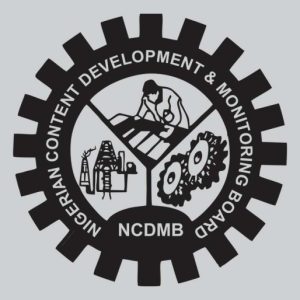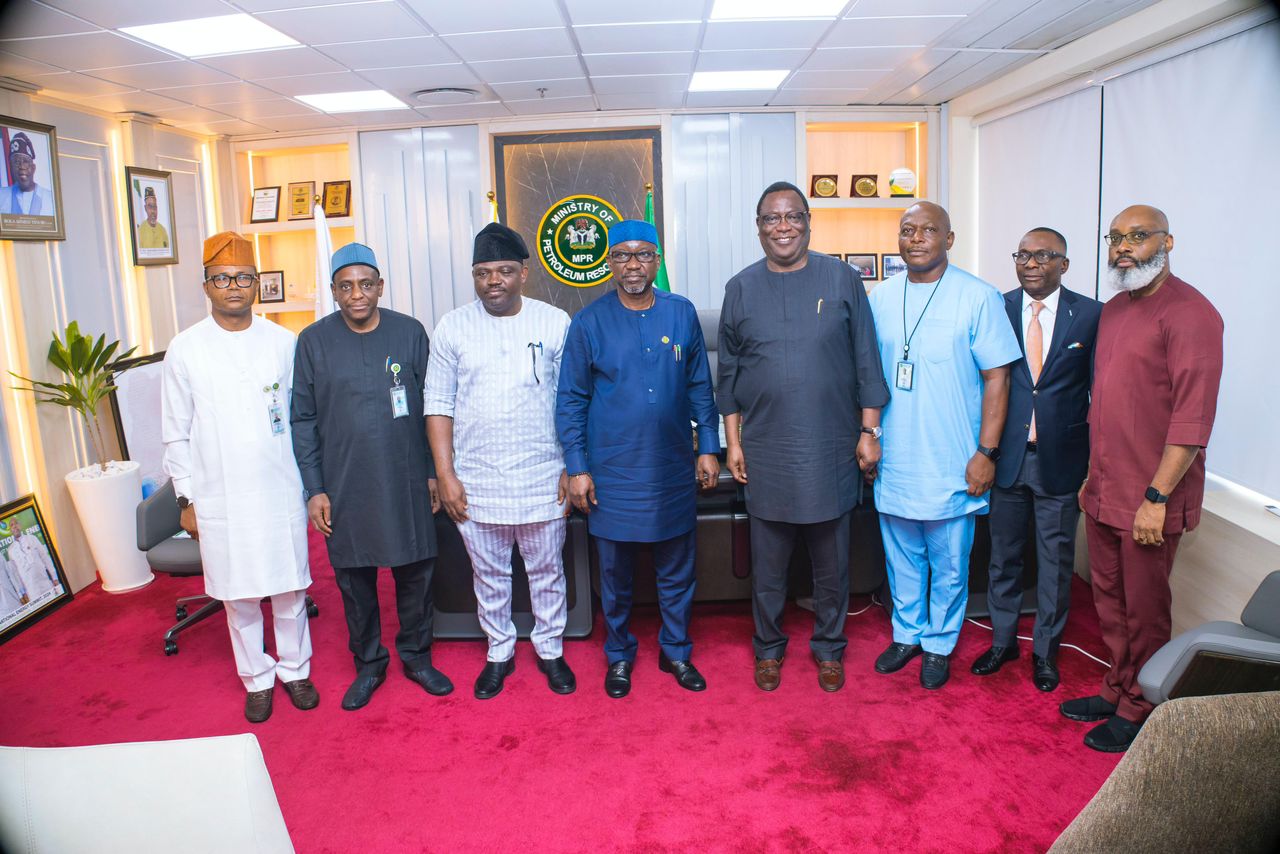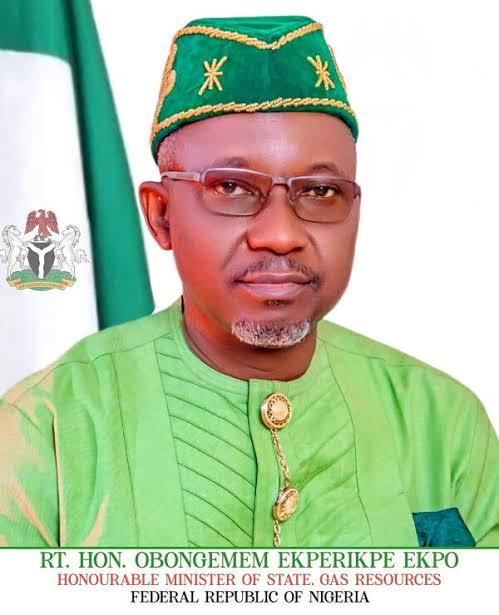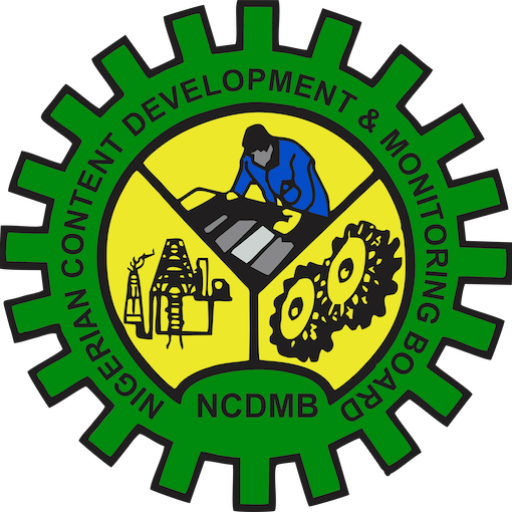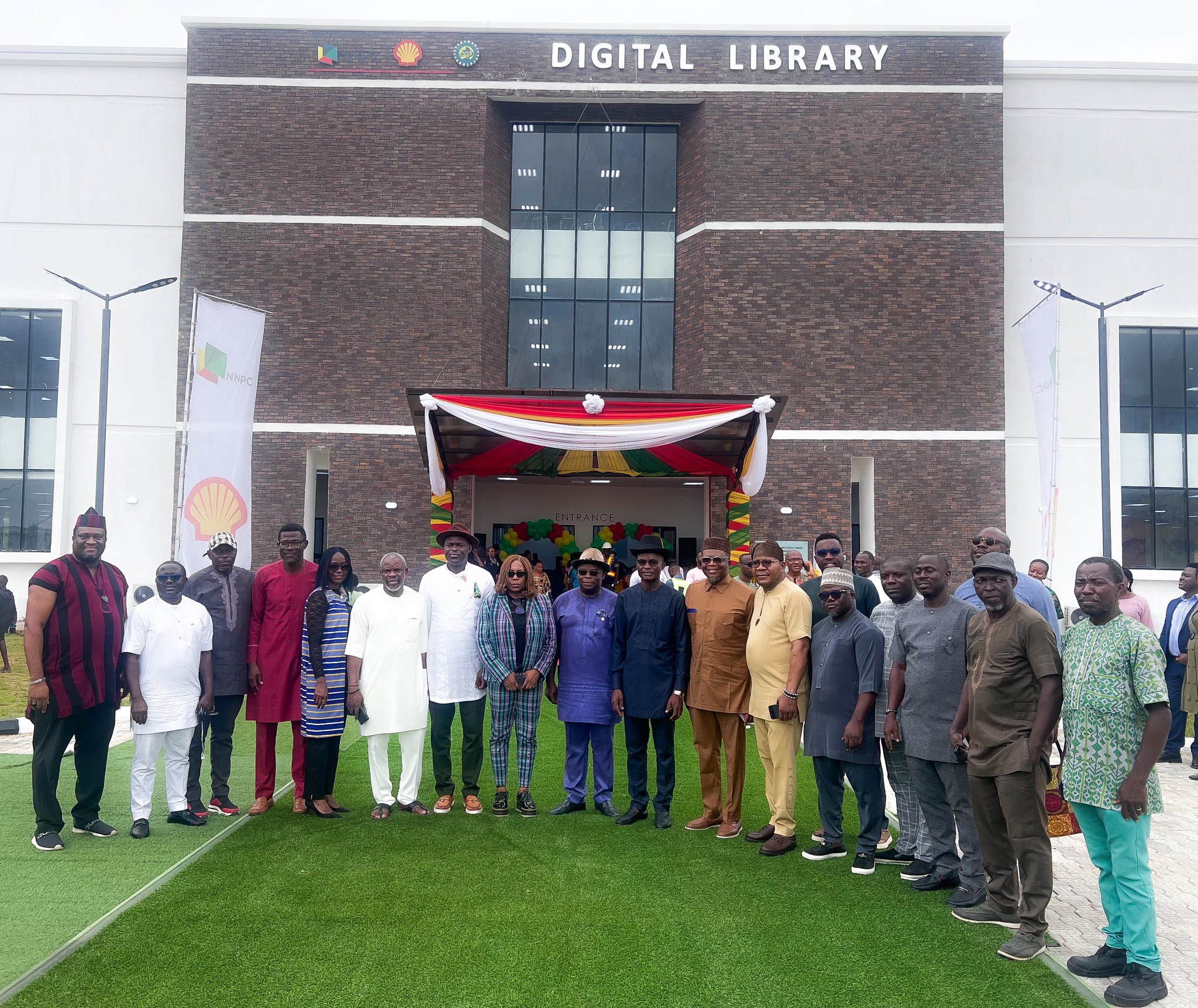On the heels of remarkable discovery and exploration of oil and gas resources across several countries in Africa, the Nigerian Content Development and Monitoring Board (NCDMB) on Wednesday proffered strategies that would enable those nations to institute sustainable Local Content practices, achieve in-country value addition, and benefit maximally from the exploitation of their hydrocarbon resources.
The Executive Secretary NCDMB, Engr. Simbi Kesiye Wabote offered the suggestions at the two-day Namibia Oil and Gas Conference holding in Windhoek, Namibia. He hinted that Africa currently accounts for about 12% of annual global oil production, but only consumes less than 4% of the global production, describing the situation as potential opportunities in production, processing and utilization of oil and gas within the continent for improvement in the standard of living.
Speaking as the preeminent local content advocate in Africa, the NCDMB boss gave an overview of key parameters that are critical to in-country value addition and growth of the sector on a sustainable basis. These are Regulatory Framework, Gap Analysis, Capacity Building, Funding and Incentives, Research and Development, and Access to Market.
Citing the example of the Nigerian Oil and Gas Industry Content Development (NOGICD) Act, 2010, he said: “An enabling regulatory framework backed with the appropriate legislation is very fundamental in local content practice,” and that it is “better than directives or policies that are subject to speculations or compliance on ‘best endeavour’ basis. According to him, once such a statute is in place “It is no longer optional or debatable whether to comply with local content requirements.”
Among lessons under the regulatory environment parameter he said, “The law must promote and enable investments rather than become a stumbling block to existing or new investors both locally and internationally,” and that “Provisions should be made in the law to address any lacuna without having to review the entire law such as the provision in the NOGICD Act for utilization of Ministerial Regulations to address any gaps or opportunities.”
Besides, he noted, a regulator “must be pragmatic in applying the law as the oil and gas industry is very dynamic such that aspirational goals and prevailing realities are not always on the same trajectory.”
On Gap Analysis, the NCDMB boss said, “Baseline and periodic gap analyses are essential to determine gaps that are needed to be closed in the areas of skills, facilities and infrastructure.” Lessons learnt so far in that regard show that “All gaps cannot be closed overnight even if you have the resources to do it,” and that it would be necessary to “prioritize areas of high impact and deploy prudent implementation measures.”
Structured capacity building intervention, according to him, “is essential to spur the development of in-country capacities and capabilities,” but implementation of major projects is a prerequisite. In his words, “Continuous and well sequenced stream of major projects is important to sustain utilization of established capacities and attract additional investments for growth.”
Funding and Incentives, he emphasized, are essential to implement local content programs, develop infrastructure, attract new investments, and keep existing businesses afloat where required.” He cited the Nigerian Content Development Fund (NCDF) provided for in the NOGICD Act, which has so far been deployed in the launch of the $350 million Nigerian Content Intervention Fund, the ongoing development of the Nigerian Oil and Gas Parks Scheme (NOGAPS), and construction of the 17-storey corporate headquarters of the Board.
On Research and Development, Engr. Wabote said, “Local content thrives where there are robust Research and Development guidelines to drive development of home-grown technology,” pointing out that in Nigeria there is “a $50 million Nigerian Content Research and Development Fund to drive basic research, commercialization of research breakthroughs, establishment of Centers of Excellence, and to sponsor university endowments.”
Access to Market, the Executive Secretary observed, is very essential, noting that “The policies or laws, the capacities developed, and the research and development efforts will become frustrating if there is no outlet to utilize them and receive reward for sustainability and growth. He equally pointed to “opportunities realizable from the African Continental Free Trade Agreement (AfCFTA).
The presentation of the NCDMB boss was rounded off with an appeal that Namibia do her best “to avoid Dutch Disease syndrome in which rapid development of your oil and gas industry leads to a decline in other sectors of the Namibian economy.”
He added that “this exciting era of oil and gas discoveries and their development should not lead to decline or abandonment of…mining, fishing, agriculture and tourism sectors of the economy.”
The Conference, organised by the Economic Association of Namibia (EAN), Namibia Investment Promotion and Development Board (NIPDB) and the Hanns Seidel Foundation (HSF) in strategic partnership with the National Petroleum Corporation of Namibia (NAMCOR) ended on Thursday.
NCDMB Proffers Guideposts For Sustainable Local Content Practice In Africa
On the heels of remarkable discovery and exploration of oil and gas resources across several countries in Africa, the Nigerian Content Development and Monitoring Board (NCDMB) on Wednesday proffered strategies that would enable those nations to institute sustainable Local Content practices, achieve in-country value addition, and benefit maximally from the exploitation of their hydrocarbon resources.
The Executive Secretary NCDMB, Engr. Simbi Kesiye Wabote offered the suggestions at the two-day Namibia Oil and Gas Conference holding in Windhoek, Namibia. He hinted that Africa currently accounts for about 12% of annual global oil production, but only consumes less than 4% of the global production, describing the situation as potential opportunities in production, processing and utilization of oil and gas within the continent for improvement in the standard of living.
Speaking as the preeminent local content advocate in Africa, the NCDMB boss gave an overview of key parameters that are critical to in-country value addition and growth of the sector on a sustainable basis. These are Regulatory Framework, Gap Analysis, Capacity Building, Funding and Incentives, Research and Development, and Access to Market.
Citing the example of the Nigerian Oil and Gas Industry Content Development (NOGICD) Act, 2010, he said: “An enabling regulatory framework backed with the appropriate legislation is very fundamental in local content practice,” and that it is “better than directives or policies that are subject to speculations or compliance on ‘best endeavour’ basis. According to him, once such a statute is in place “It is no longer optional or debatable whether to comply with local content requirements.”
Among lessons under the regulatory environment parameter he said, “The law must promote and enable investments rather than become a stumbling block to existing or new investors both locally and internationally,” and that “Provisions should be made in the law to address any lacuna without having to review the entire law such as the provision in the NOGICD Act for utilization of Ministerial Regulations to address any gaps or opportunities.”
Besides, he noted, a regulator “must be pragmatic in applying the law as the oil and gas industry is very dynamic such that aspirational goals and prevailing realities are not always on the same trajectory.”
On Gap Analysis, the NCDMB boss said, “Baseline and periodic gap analyses are essential to determine gaps that are needed to be closed in the areas of skills, facilities and infrastructure.” Lessons learnt so far in that regard show that “All gaps cannot be closed overnight even if you have the resources to do it,” and that it would be necessary to “prioritize areas of high impact and deploy prudent implementation measures.”
Structured capacity building intervention, according to him, “is essential to spur the development of in-country capacities and capabilities,” but implementation of major projects is a prerequisite. In his words, “Continuous and well sequenced stream of major projects is important to sustain utilization of established capacities and attract additional investments for growth.”
Funding and Incentives, he emphasized, are essential to implement local content programs, develop infrastructure, attract new investments, and keep existing businesses afloat where required.” He cited the Nigerian Content Development Fund (NCDF) provided for in the NOGICD Act, which has so far been deployed in the launch of the $350 million Nigerian Content Intervention Fund, the ongoing development of the Nigerian Oil and Gas Parks Scheme (NOGAPS), and construction of the 17-storey corporate headquarters of the Board.
On Research and Development, Engr. Wabote said, “Local content thrives where there are robust Research and Development guidelines to drive development of home-grown technology,” pointing out that in Nigeria there is “a $50 million Nigerian Content Research and Development Fund to drive basic research, commercialization of research breakthroughs, establishment of Centers of Excellence, and to sponsor university endowments.”
Access to Market, the Executive Secretary observed, is very essential, noting that “The policies or laws, the capacities developed, and the research and development efforts will become frustrating if there is no outlet to utilize them and receive reward for sustainability and growth. He equally pointed to “opportunities realizable from the African Continental Free Trade Agreement (AfCFTA).
The presentation of the NCDMB boss was rounded off with an appeal that Namibia do her best “to avoid Dutch Disease syndrome in which rapid development of your oil and gas industry leads to a decline in other sectors of the Namibian economy.”
He added that “this exciting era of oil and gas discoveries and their development should not lead to decline or abandonment of…mining, fishing, agriculture and tourism sectors of the economy.”
The Conference, organised by the Economic Association of Namibia (EAN), Namibia Investment Promotion and Development Board (NIPDB) and the Hanns Seidel Foundation (HSF) in strategic partnership with the National Petroleum Corporation of Namibia (NAMCOR) ended on Thursday.

